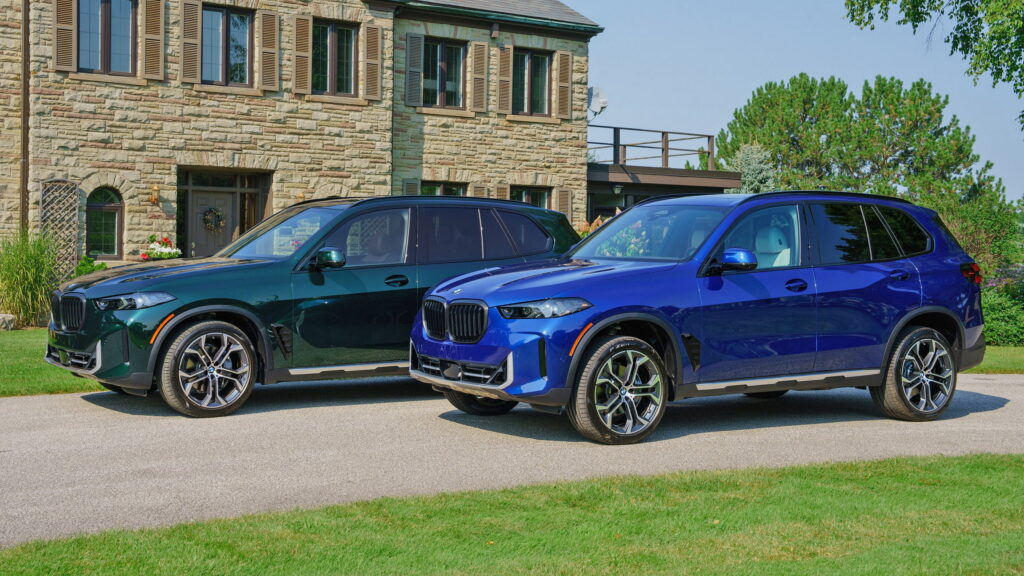Popularity of Range-Extender Hybrids
Demand for electric vehicles with range extenders continues to grow in China and the United States. The long-wheelbase versions of the X5 and 7 Series models look like ideal candidates for implementing such technology. BMW already produces most of the components needed to create a range-extender powertrain.
Potential Return of the Technology
BMW may return to an idea it once helped popularize – the range extender. Interest in vehicles that run primarily on electricity but have a compact internal combustion engine to generate additional power continues to grow, especially in China. It is reported that BMW is preparing to join this direction again.
Although nothing has been officially confirmed, the company is said to be exploring the possibility of creating X5 and 7 Series versions with a range extender. Their large size makes them well-suited to accommodate a small engine-generator without compromising comfort or cargo space.
Prospects for the American Market
Range-extender vehicles are not only gaining popularity in China, but BMW also likely sees great potential for them in the United States. Sources familiar with the situation reported that the long-wheelbase cars that BMW sells in the US and China would be ideal for the new powertrain.
BMW did not comment directly on the report, although a representative noted that the company “constantly analyzes usage patterns, customer needs, and market development and assesses the market potential of various technologies.”
If the company moves forward, BMW could become the first German manufacturer to return to the range-extender formula, potentially prompting others to follow its example.
US Market and New Developments

The American market for electric vehicles with range extenders remains modest but is steadily expanding. Jeep confirmed that the 2026 Grand Wagoneer will be equipped with a range-extender system, while Ram is developing a range-extender version of the 1500. Hyundai is also working on a similar version for the Santa Fe.
Scout will also sell its upcoming Terra pickup and Traveler SUV with EREV powertrains, recently reporting that over 80 percent of orders are for the range-extender variant, and less than 20 percent are for the battery-electric version. Clearly, there is demand for such vehicles.
BMW’s Technical Capabilities

It is clear that BMW could create a range-extender powertrain fairly easily without the need for significant investment. It already produces most of the necessary components in-house, including batteries, electric motors, small engines, and transmissions.
Range-extender technology could become an interim solution for buyers who are not ready to fully switch to electric vehicles but want to reduce fuel consumption and emissions. Given the development of charging infrastructure in different regions, such systems can provide additional confidence for drivers during long trips. Many manufacturers are now reviewing their electrification strategies, offering various options for different customer groups.


 by
by 
